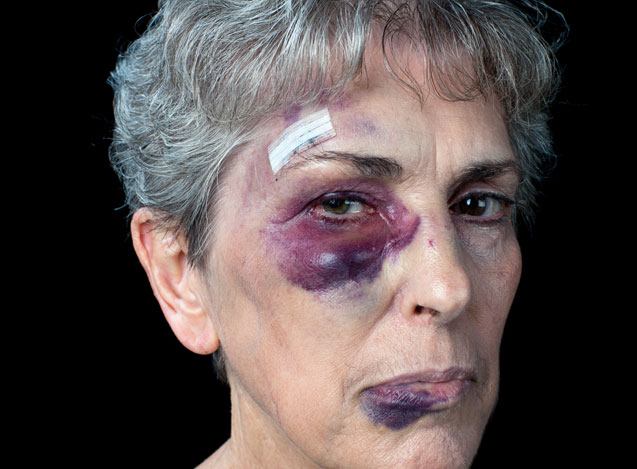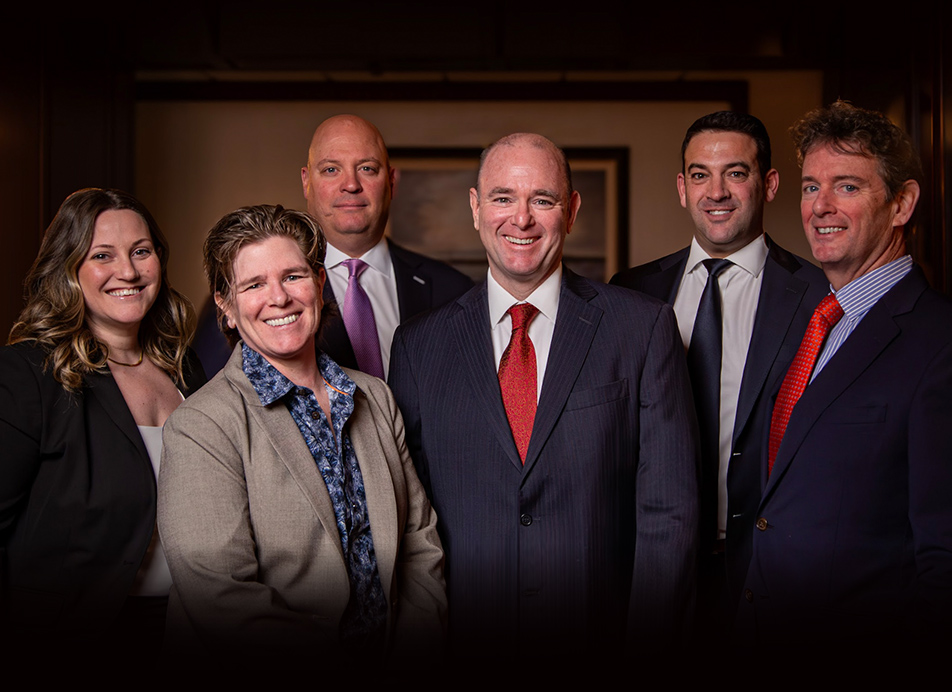It’s something that no one wants to discover: the person we love is being abused in a nursing home. Anger. Fear. Sadness. The reality of nursing home abuse causes a rush of feelings not just in the victim, but also in the victim’s family. If you’ve discovered that your loved one is being abused in a nursing home, follow these steps to report it.
Step 1 – Understand the Signs of Nursing Home Abuse
Nursing home abuse can be clearly evident or it can be subtle. Your loved one may not be willing to admit what is going on and they may begin to withdraw. They may refuse to participate in conversations regarding potential abuse. This is why it is so crucial that you’re able to spot and understand the following signs of nursing home abuse:
- Bedsores are preventable. If you notice bedsores on your loved one, they are not being turned or moved during the day. Bedsores can be extremely painful and in elderly patients or in patients with certain metabolic diseases such as diabetes, bedsores can quickly become infected and be slow to heal.
- Unexplained infections or diseases. With communal living of any sort there is a risk of an infection spreading. Yet, if your previously healthy loved one begins catching serious infections or develops a preventable disease, this could be a sign of nursing home abuse.
- Bruises or wounds that bleed. Although it is true that sometimes bruises or cuts are accidents, they can also be a sign of nursing home abuse. It could be physical abuse. It could be negligence on the part of the staff. Regardless, it is a sign that something may not be quite right.
- Changes in behavior. If your loved one becomes overly aggressive, withdraws around certain people (staff or other resident), cries more, seems depressed, or you notice other changes in behavior, this may be a sign of nursing home abuse. They could be physically, verbally, or sexually abused by a staff member or even another resident. Your loved one may not be comfortable opening up to you about what may be happening to them.
- Poor hygiene. Nursing homes are meant to help our loved ones continue to live as best they can. This includes helping them with hygiene. If you’ve noticed poor hygiene, it could be a sign of nursing home abuse.
- Financial problems or a change to their will. If your loved one is missing money or has updated their will to leave all of their belongings, money, or estate to someone not in the family, they could be a victim of nursing home abuse. Financial abuse and theft are very real problems in nursing homes.
- Dehydration or unexplained weight loss. Dehydration can kill. If you notice that your loved one is dehydrated or has unexplained weight loss, this may be a sign of nursing home abuse.
This list isn’t all-inclusive. It’s important that you pay close attention to your loved one’s behavior and living conditions. It’s also important that you take them at their word if they tell you that something inappropriate is happening.
Step 2 – Document the Abuse
It’s important that you document the signs of abuse. You may need to take photos. You can use a traditional camera or your cell phone. You may have to document it in writing. Make sure that you keep a log so that you can refer to it when the abuse is reported and so that you have something to rely on if you choose to address the alleged nursing home abuse with a lawyer.
Step 3 – Report Nursing Home Abuse to the Proper Authorities
Although medical professionals and social workers are required to report suspected nursing home abuse, you should not wait to see if someone else reports it. You should report it to the proper authorities to help protect your loved one. If you believe that your loved one has sustained life threatening abuse, call 911.
You should also call the state authorities for elder abuse. Additionally, you should report the abuse to the Eldercare Locator at 1-800-677-1116. The representatives can help you locate state specific agencies that should be informed about the abuse.
Contact your loved one’s primary care physician about the suspected abuse. You should also reach out to a patient advocate at the nursing home as well as the administrator of the facility (provided that they are not the alleged abuser).
If your loved one has Medicaid or Medicare that helps pay for the nursing home, you may also contact Medicaid or Medicare to report the abuse. Both have a Long-Term Care representative who may be able to help you and your loved one through this tumultuous time.
Step 4 – Consider Contacting an Attorney
Your loved one has the right to a safe, secure living environment. If you believe that your loved one has suffered from nursing home abuse, you may consider calling a civil law attorney who specializes in nursing home abuse cases. This type of attorney can evaluate the case and possibly even help your loved one be compensated because of the abuse that they’ve suffered.
Sadly, nursing home abuse is real. Remember to stay alert to your loved one’s physical and mental condition every time that you visit. You could very well even save their life. Contact the trusted nursing home abuse attorneys at Duffy & Duffy for further assistance.

